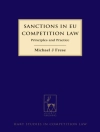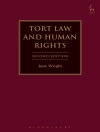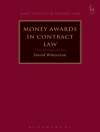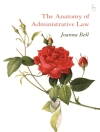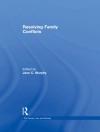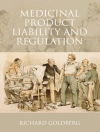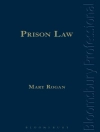Populism in politics and policy orientations in law have thrown the jurisdiction of the academy and the disciplines of interpretation into disarray. Critique flounders in abstraction and negativity, law loses itself in particularity. Administering Interpretation brings together philosophers, humanists, and jurists from both continental and Anglophone jurisdictions to reassess the status and trajectory of interpretative theory as applied in the art of law. Tracking the thread of philosophical influences upon the community of legal interpretation, the essays move from the translation and wake of Derrida to the work of Agamben, from deconstruction to oikononmia. Sharing roots in the philological excavation of the political theology of modern law, contributors assess the failure of secularism and the continuing theological borrowings of juridical interpretation. The book brings contemporary critique to bear upon the interpretative apparatuses of exclusion, the law of spectacular sovereignty, and the bodies that lie in its wake.
Contributors: Giovanna Borradori, Marinos Diamantides, Allen Feldman, Stanley Fish, Pierre Legrand, Bernadette Meyler, Michel Rosenfeld, Bernhard Schlink, Jeanne Schroeder, Laurent de Sutter, Katrin Trüstedt, Marco Wan
Table of Content
Introduction
Peter Goodrich and Michel Rosenfeld | 1
I Reconstructing Interpretative Communities
1. Interpretations as Hypotheses
Bernhard Schlink | 11
2. Antonin Scalia, Bernhard Schlink, and Lancelot Andrewes: Reading Heller
Stanley Fish 22
3. The Interpreter, the Analyst, and the Scientist
Jeanne L. Schroeder | 38
4. Law against Justice and Solidarity: Rereading Derrida and Agamben at the Margins of the One and the Many
Michel Rosenfeld | 54
II Derrida and Dissimulation
5. Jacques Derrida Never Wrote about Law
Pierre Legrand | 105
6. Derrida’s Legal Times: Decision, Declaration, Deferral, and Event
Bernadette Meyler | 147
7. Derrida’s Shylock: The Letter and the Life of Law
Katrin Trüstedt | 168
III The Justice of Administration
8. A Postmodern Hetoimasia—Feigning Sovereignty during the State of Exception
Marinos Diamantides | 189
9. Contra Iurem: Giorgio Agamben’s Two Ontologies
Laurent de Sutter | 234
IV Counter Places, Counter Times
10. Cities of Refuge, Rebel Cities, and the City to Come
Giovanna Borradori | 253
11. A Ghost Story: Electoral Reform and Hong Kong Popular Theater
Marco Wan | 272
12. Appearing under Erasure: Of War, Disappearance, and the Contretemps
Allen Feldman | 290
List of Contributors | 323
Index | 329
About the author
Michel Rosenfeld is University Professor of Law and Comparative Democracy and Justice and Sydney L. Robins Professor of Human Rights at Cardozo School of Law.


